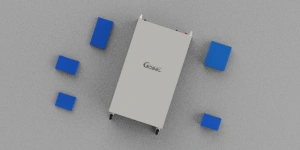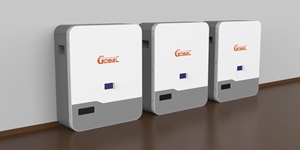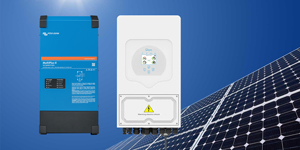LIFEPO4 VS LITHIUM ION
Lithium Battery Supplier
Lithium Battery Supplier, LiFePO4 Battery Wholesale. One Stop Services.
-
Solution LiFePO4 Battery Cell -
Solution LTO Cells for Car Audio
When considering rechargeable batteries for powering devices, two prominent options often arise: Lithium-Ion (Li-Ion) and Lithium-Iron Phosphate (LiFePO4) or Lifepo4. Both battery technologies have their advantages and disadvantages, making it essential to understand the key differences between them. One of the primary distinctions between Li-Ion and Lifepo4 batteries lies in their cathode materials. Li-Ion batteries utilize cobalt, nickel, and manganese oxides, whereas Lifepo4 batteries rely on iron phosphates. This variation in composition affects the overall performance and characteristics of each battery type. Lithium-Ion batteries, for instance, boast impressive energy density, making them suitable for high-demand applications like smartphones and laptops. They offer rapid charging capabilities and a relatively long lifespan. However, they may struggle with thermal runaway issues, particularly when subjected to high temperatures or incorrect charging practices. In contrast, Lifepo4 batteries are praised for their exceptional safety, featuring a built-in protection mechanism against overheating, overcharging, and short-circuiting. They demonstrate improved thermal stability, making them an attractive choice for applications where safety is paramount, such as electric vehicles, renewable energy systems, and backup power supplies. When it comes to charging, Lifepo4 batteries have a slight disadvantage in terms of charging speed, as they require a more controlled charging process. Additionally, their self-discharge rate is lower, implying that Lifepo4 batteries retain their charge for a longer period without degradation. In conclusion, both Li-Ion and Lifepo4 batteries possess unique strengths and weaknesses. While Li-Ion batteries excel in terms of energy density and rapid charging, Lifepo4 batteries focus on safety, thermal stability, and durability. Ultimately, the selection between Li-Ion and Lifepo4 depends on the specific application's requirements, with Lifepo4 batteries appearing more suitable for applications where safety and reliability take precedence. Key Takeaways: * Li-Ion batteries excel in energy density and charging speed * Lifepo4 batteries prioritize safety, thermal stability, and durability * Li-Ion batteries may face thermal runaway issues if mishandled * Lifepo4 batteries showcase improved thermal stability and safety features

 EU Stock
EU Stock Poland Stock
Poland Stock Ukraine Stock
Ukraine Stock  USA Stock
USA Stock AU Stock
AU Stock



















